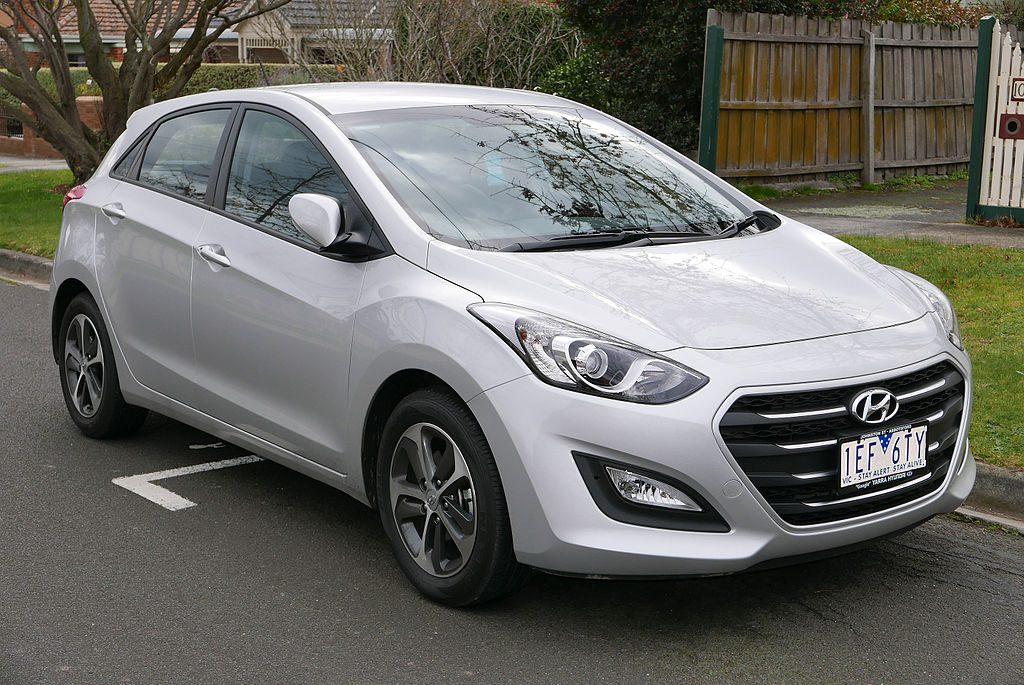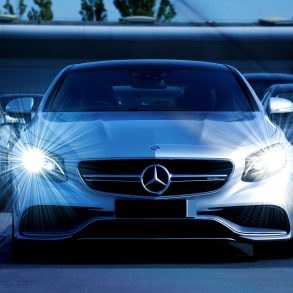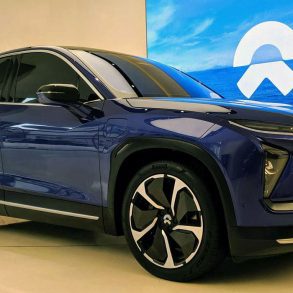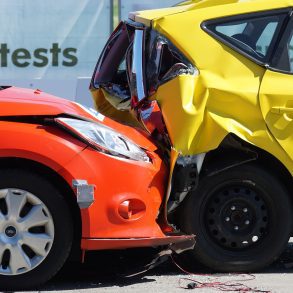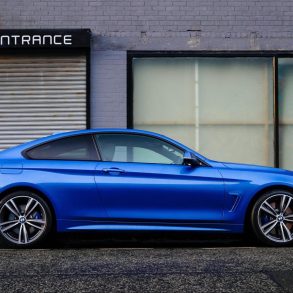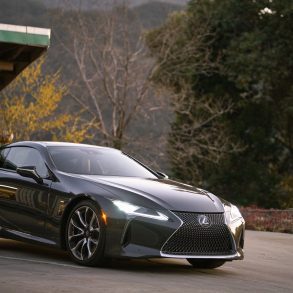The German “Manager Magazin” reports that Kia is re-exporting newly registered Kia Soul EVs to Norway in order to bring down the average CO2 emissions of its fleet.
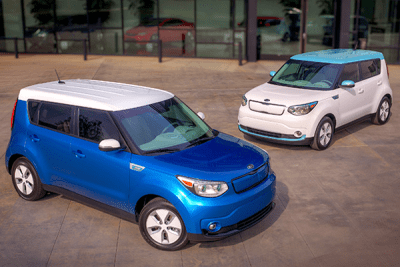 This alleged manipulation came to light when Kia reported sales of almost 1.000 Soul EVs in Germany in October, 87% of all Kia Soul models delivered in that country, which raised suspicion considering the Soul EV is almost twice as expensive as the gasoline powered version (starting price € 30.790,- vs. € 16.990,-). And also because those 980 units of the Soul EV were in sharp contrast with the 67 units Volkswagen sold of its € 34.900,- e-Golf or the 61 units of the Nissan Leaf, which starts at a much more affordable € 23.060,-.
This alleged manipulation came to light when Kia reported sales of almost 1.000 Soul EVs in Germany in October, 87% of all Kia Soul models delivered in that country, which raised suspicion considering the Soul EV is almost twice as expensive as the gasoline powered version (starting price € 30.790,- vs. € 16.990,-). And also because those 980 units of the Soul EV were in sharp contrast with the 67 units Volkswagen sold of its € 34.900,- e-Golf or the 61 units of the Nissan Leaf, which starts at a much more affordable € 23.060,-.
So what appears to be the case? Well, let’s first explain some background information: the European Union has mandated carmakers to lower the CO2 emissions of their fleet to an average of 130 g/km on average in 2015, with each carmaker getting an individual target, which lies at 131 g/km for Hyundai-Kia. However, it appeared that the South-Koreans weren’t going to meet their target for this year, which meant the carmaker would face a hefty fine from the EU of € 95,- per gram over their target, multiplied by their annual sales. One possible solution to this problem could be to sell more electric cars in order bring down the average fleet emissions. In this specific case, selling an additional 4.000 units of the Kia Soul EV could help to bring down the carmaker’s average CO2 emission down by one gram, potentially saving them € 80 million in penalties.Another factor to keep in mind is that Norway is not an EU country and therefore sales in Norway don’t count towards the average EU fleet emissions. This is unfortunate for some automakers, as Norway happens to be the largest market for electric cars in Europe by far, thanks to generous subsidies and incentives the Norwegian governments awards to owners of plug-in cars.
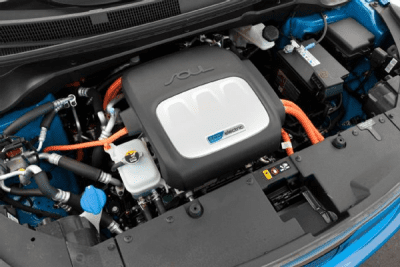 When digging a bit further into the numbers, it appeared that no more than just 10 units of the Soul EV sold in October in Germany were actually registered to a private buyer, while the other 970 units, or 99%, were registered to car dealers. This is an unusually high ratio, and here’s another one: just 700 units of the Kia Soul EV were registered as new cars in Norway from January until October. But besides those 700, another 1.400 “used” Soul EVs were imported into Norway. That’s more than 60% of all the Soul EVs sold in the EU until September!
When digging a bit further into the numbers, it appeared that no more than just 10 units of the Soul EV sold in October in Germany were actually registered to a private buyer, while the other 970 units, or 99%, were registered to car dealers. This is an unusually high ratio, and here’s another one: just 700 units of the Kia Soul EV were registered as new cars in Norway from January until October. But besides those 700, another 1.400 “used” Soul EVs were imported into Norway. That’s more than 60% of all the Soul EVs sold in the EU until September!
So it appears that Hyundai-Kia is using a trick to lower its official average corporate fleet emission in order to avoid a multimillion Euro fine and a damaged image. This loophole is perfectly legal, as EU regulations stipulate that every newly registered car in the EU counts toward the fleet emissions target, even if it’s only registered to a car dealer for a single day before being re-exported out of the EU. Kia explains their manipulation by saying the German Kia dealers are “helping other markets meet a strong demand”. But if that’s the case, why wouldn’t Kia simply allocate more units of the Soul EV to Norway instead of Germany or other EU markets?
So while this may not become the latest emission scandal for the automotive industry, it does show that carmakers are going to great lengths to find ways to meet the increasingly strict emissions targets, whether these methods are legal or illegal, morally right or wrong. They just better be careful about the public opinion, as a damaged image may do more harm than just paying a fine. Or even better: building fuel efficient cars that people may actually want to buy.

